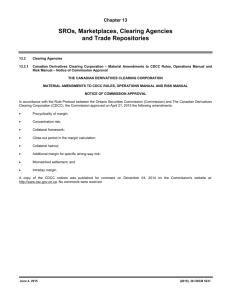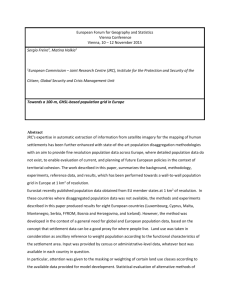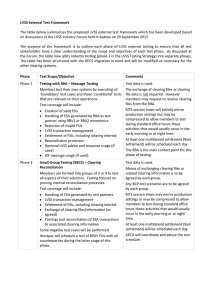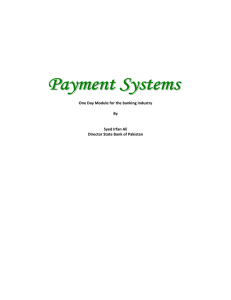Bank of Canada designates Canadian Derivatives Clearing Service
advertisement
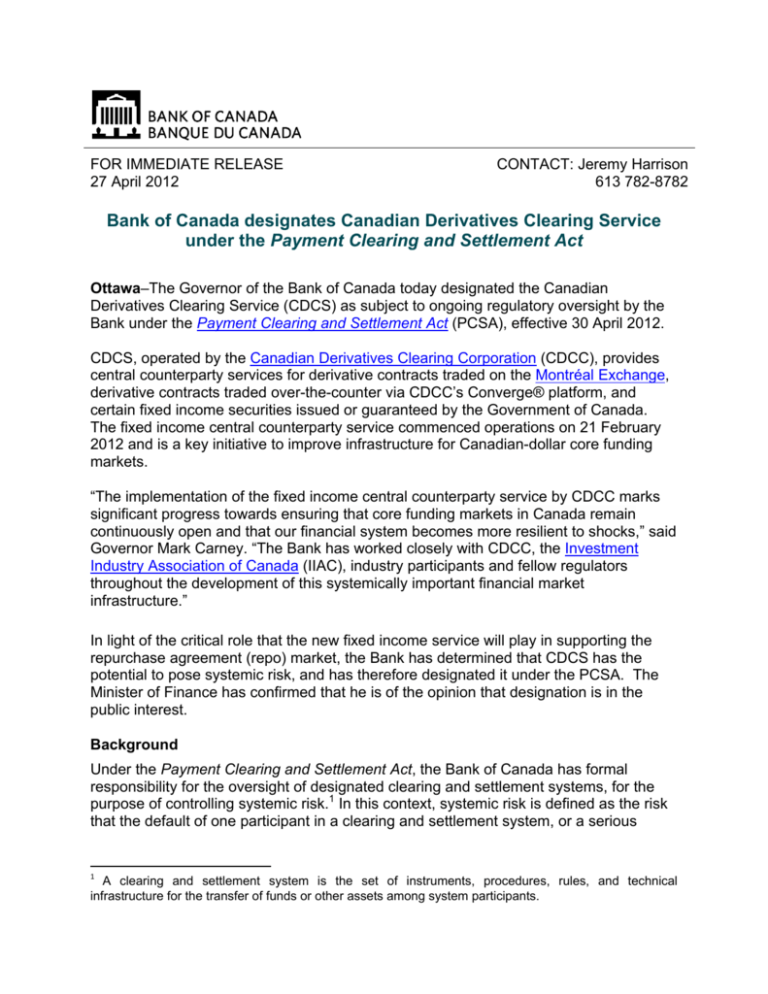
FOR IMMEDIATE RELEASE 27 April 2012 CONTACT: Jeremy Harrison 613 782-8782 Bank of Canada designates Canadian Derivatives Clearing Service under the Payment Clearing and Settlement Act Ottawa–The Governor of the Bank of Canada today designated the Canadian Derivatives Clearing Service (CDCS) as subject to ongoing regulatory oversight by the Bank under the Payment Clearing and Settlement Act (PCSA), effective 30 April 2012. CDCS, operated by the Canadian Derivatives Clearing Corporation (CDCC), provides central counterparty services for derivative contracts traded on the Montréal Exchange, derivative contracts traded over-the-counter via CDCC’s Converge® platform, and certain fixed income securities issued or guaranteed by the Government of Canada. The fixed income central counterparty service commenced operations on 21 February 2012 and is a key initiative to improve infrastructure for Canadian-dollar core funding markets. “The implementation of the fixed income central counterparty service by CDCC marks significant progress towards ensuring that core funding markets in Canada remain continuously open and that our financial system becomes more resilient to shocks,” said Governor Mark Carney. “The Bank has worked closely with CDCC, the Investment Industry Association of Canada (IIAC), industry participants and fellow regulators throughout the development of this systemically important financial market infrastructure.” In light of the critical role that the new fixed income service will play in supporting the repurchase agreement (repo) market, the Bank has determined that CDCS has the potential to pose systemic risk, and has therefore designated it under the PCSA. The Minister of Finance has confirmed that he is of the opinion that designation is in the public interest. Background Under the Payment Clearing and Settlement Act, the Bank of Canada has formal responsibility for the oversight of designated clearing and settlement systems, for the purpose of controlling systemic risk.1 In this context, systemic risk is defined as the risk that the default of one participant in a clearing and settlement system, or a serious 1 A clearing and settlement system is the set of instruments, procedures, rules, and technical infrastructure for the transfer of funds or other assets among system participants. problem arising within the system itself, could lead, through the activities of the system, to the default of other institutions or systems. Three systems have been previously designated by the Bank: the Large Value Transfer System (LVTS), which clears and settles large-value Canadian-dollar payments; CDSX, which clears and settles securities transactions; and the Canadian dollar leg of CLS Bank, a global system for the settlement of foreign-exchange transactions. For further information on the Bank of Canada’s responsibilities for the oversight of payments and other clearing and settlement systems in Canada, visit the Bank’s website at http://www.bankofcanada.ca/financial-system/payments/oversight-andlegislation/
